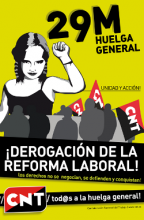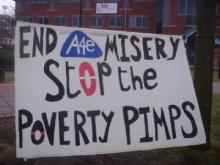Legal Observer Training - Liverpool
Location
GBC trainers from London are kindly coming to Liverpool:
Have you ever been at a demo, near a line of police, and witnessed the police do something you're pretty sure they're not supposed to do? Baton someone, for instance, or stop and search a nearby protester, or snatch somebody out of the crowd? Ever wondered how you can: a) know what to do, and b) how you can help them?
Now is your chance to find out.





